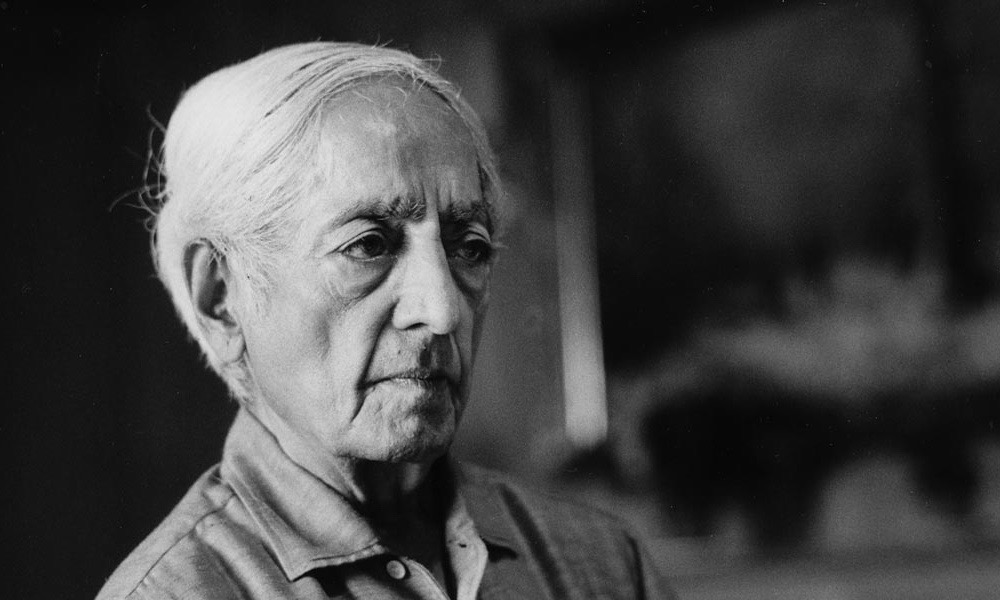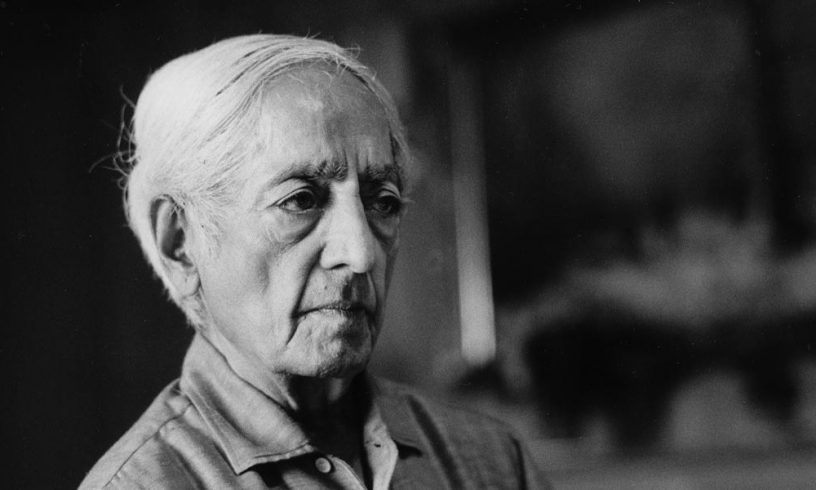
This paper presents Jiddu Krishnamurti’s conception of lifelong learning intrinsically driven by a call for awakening wisdom, i.e. the intelligence to realise the interrelated nature of life on earth.
Authors
Mousumi Mukherjee, Associate Professor, International Institute for Higher Education Research & Capacity Building (IIHEd), O.P. Jindal Global University, Sonipat, Haryana, India.
Sandal Agrawal, Academic Tutor and Teaching & Research for Intellectual Pursuit (TRIP) Fellow, International Institute for Higher Education Research & Capacity Building, O.P. Jindal Global University, Sonipat, Haryana, India.
Summary
Jiddu Krishnamurti was a contemporary of the first non-European Nobel Laureate from Asia, Rabindranath Tagore. Their educational ideas and practices of reform were deeply informed by their own troubled experiences of schooling within the highly mechanised industrial model of education imported from colonial England.
Both were school dropouts and devoted their adult life to building their own schools for holistic child and community development. Krishnamurti specifically focused on learning as a process of becoming a free-thinking individual outside of all kinds of social conditioning.
Lifelong learning is a quest for freeing the self from social conditioning for societal transformation according to him. In this paper, we engage with the writings of J. Krishnamurti as an intrinsic quest for lifelong learning about the inner ‘self’ devoid of any conditioning based on national, racial, religious, ethnic, and other social divides, which trigger war and destruction.
This paper presents Krishnamurti’s conception of lifelong learning intrinsically driven by a call for awakening wisdom, i.e. the intelligence to realise the interrelated nature of life on earth. This paper argues that according to Krishnamurti’s lived experience and writings, the whole movement of life is learning about ‘self’ and its integral relationship with other humans and Nature.
Published in: International Journal of Lifelong Education
To read the full article, please click here


